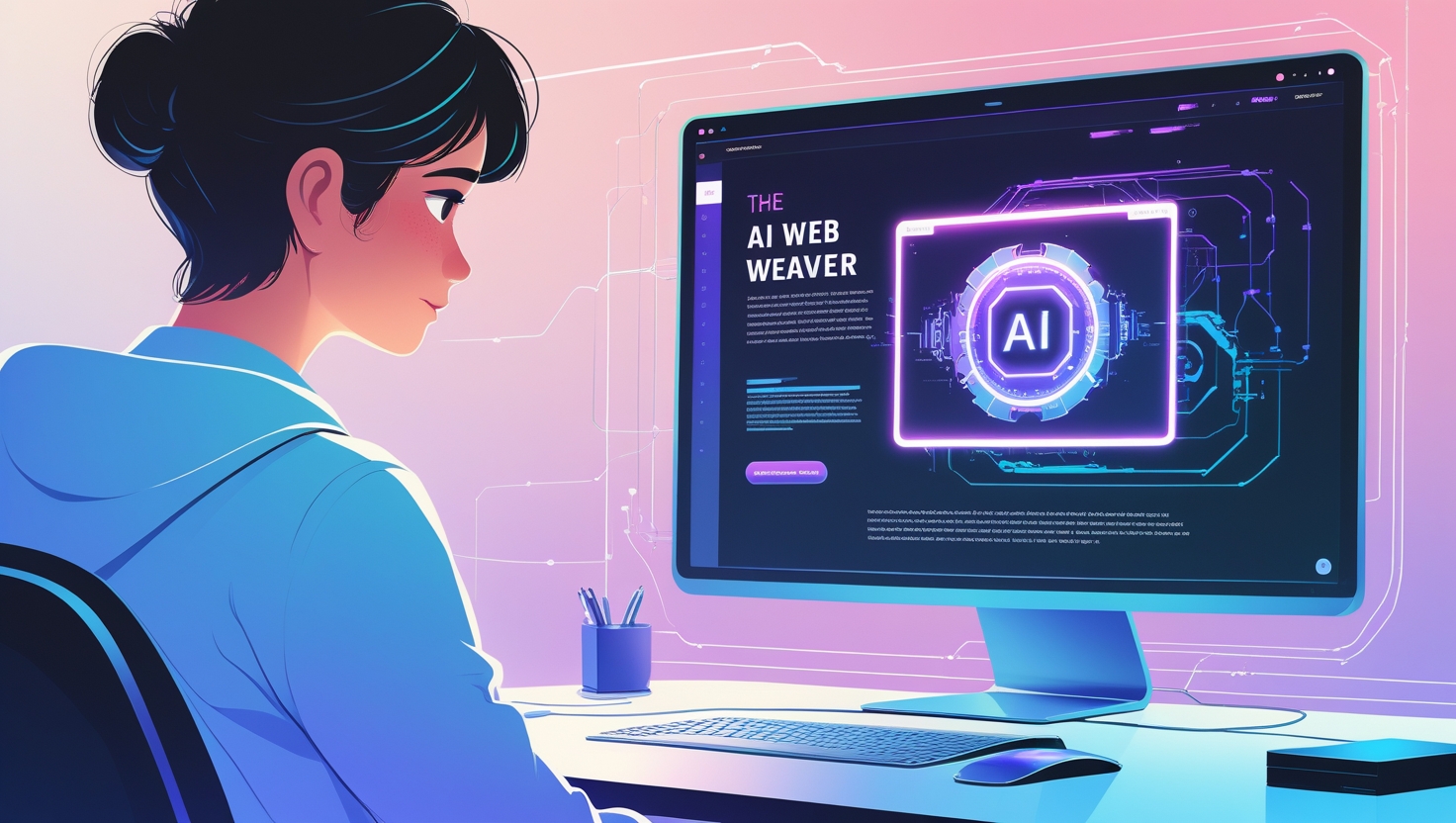The digital landscape is constantly evolving, and the latest wave of innovation promising to democratize website creation is Artificial Intelligence. AI-powered website builders are popping up everywhere, offering the alluring prospect of a professional-looking website crafted in minutes, without a single line of code. But as with any powerful new technology, the question arises: is entrusting your online presence to AI a safe and sound decision, or does it come with hidden dangers?
On the surface, the advantages are clear. AI website builders analyze your business or personal needs, suggest layouts, generate content, and even optimize for search engines – all seemingly with minimal human input. This can be incredibly appealing for individuals or small businesses with limited technical skills or tight budgets. The speed and efficiency are undeniable, offering a quick route to establishing an online presence.
However, before you fully hand over the reins to the silicon brain, it's crucial to consider the potential pitfalls. While AI offers convenience, it also introduces a unique set of disadvantages and potential risks that are worth careful consideration.
The Shadowy Side of AI Website Creation: Disadvantages and Dangers
While the allure of effortless website creation is strong, the reality of relying solely on AI for your online presence can present several significant drawbacks:
Lack of True Originality and Creativity: AI algorithms are trained on vast datasets of existing websites. While they can generate aesthetically pleasing layouts and suggest relevant content, the output often lacks genuine originality and can feel generic. Your website might end up looking similar to countless others, failing to capture the unique essence of your brand or personality. True creativity, the kind that makes your website stand out and resonate with your audience, is a uniquely human trait that AI currently cannot replicate.
Limited Customization and Control: While AI builders offer some level of customization, the degree of control you have over the finer details is often restricted. You might find yourself constrained by the pre-defined templates and design options, unable to implement specific features or tailor the website precisely to your vision. This lack of granular control can be frustrating for those with specific design preferences or unique functional requirements.
Potential for Generic and Unengaging Content: AI can generate text and suggest images, but the content produced might lack the nuance, voice, and emotional intelligence that resonates with human visitors. It might sound robotic or fail to capture the specific tone and style of your brand. Relying solely on AI-generated content can result in a website that feels bland and fails to connect with your target audience on a deeper level.
SEO Limitations and Potential Penalties: While some AI builders claim to optimize for SEO, their capabilities might be limited. They might not be able to implement advanced SEO strategies or adapt to the ever-changing search engine algorithms as effectively as a human SEO expert. Furthermore, if the AI generates low-quality or repetitive content, it could even negatively impact your search engine rankings, leading to decreased visibility.
Security Vulnerabilities and Lack of Transparency: The underlying algorithms and security measures of AI website builders might not always be transparent. You might not have full insight into how your data is being handled or the security protocols in place. This lack of transparency can create potential vulnerabilities that could be exploited, putting your website and user data at risk.
Dependence on the Platform and Potential Vendor Lock-in: By building your website on an AI platform, you become reliant on that specific provider. Migrating your website to a different platform in the future could be complex and time-consuming, potentially leading to vendor lock-in. If the platform shuts down or significantly changes its pricing structure, you could find yourself in a difficult situation.
Ethical Concerns and Copyright Issues: If the AI generates content or uses images that infringe on existing copyrights, you could be held liable. Ensuring the originality and legality of AI-generated content can be a complex issue, and relying solely on the AI without human oversight could lead to unintended legal consequences.
Lack of Personal Touch and Customer Support Limitations: While AI can automate website creation, it cannot provide the personalized touch and dedicated customer support that a human web developer or designer can offer. If you encounter technical issues or need specific assistance, you might find yourself dealing with automated responses or limited support options.
The "Black Box" Problem: Understanding how the AI makes its decisions and generates the website can be challenging. This "black box" nature can make it difficult to troubleshoot issues, implement specific changes, or even understand why certain design choices were made.






